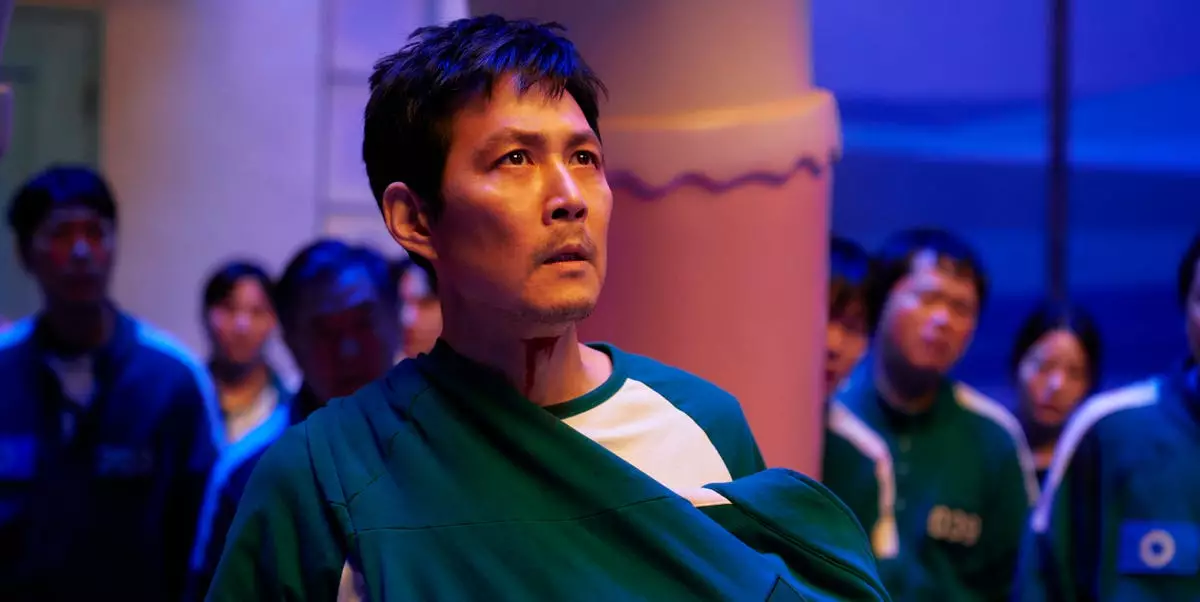The finale of Squid Game’s third season marks a significant turning point in how storytelling intersects with societal consciousness. Instead of opting for a conventional, Hollywood-style “happy ending,” creator Hwang Dong-hyuk chose an ending that resonates with realism and moral introspection. This decision underscores a deliberate move away from escapism and toward a reflection on collective responsibility. While viewers might have anticipated Gi-hun’s triumphant escape and reunion with his daughter, the series instead prompts audiences to confront uncomfortable truths about sacrifice, hope, and legacy. Such a conclusion demands that we reconsider the nature of success—not as personal victory but as acts of altruism that ripple through generations.
This ending refutes the idea that hope must always manifest as personal gain. Instead, it posits that genuine hope is often rooted in sacrifice, echoing the sacrifices made by countless individuals who face systemic injustices daily. It challenges viewers to think critically about the role of morality in a brutal world—suggesting that, sometimes, the most profound acts of kindness involve surrender rather than triumph. The series thus positions hope as a collective endeavor, rooted in selflessness, and questions whether individual survival is truly the ultimate goal.
From Vague Dreams to a Bold Statement: The Creator’s Intent
Hwang Dong-hyuk’s original vision for a more traditional ending—Gi-hun escaping and reuniting with his daughter—carried the familiar comfort of redemption. Yet, as he delved deeper into the adaptation process, he realized that such a resolution might dilute the series’ core message. The shift from personal salvation to self-sacrifice represents a pivotal thematic evolution. In a world increasingly marked by inequality, environmental crisis, and geopolitical tensions, Hwang’s choice supplants escapism with a sobering reality: real change mandates difficult sacrifices.
By portraying Gi-hun as sacrificing himself to ensure the child’s survival, the series emphasizes that the future belongs to the vulnerable—especially the innocent and the young. This symbolic act of giving up personal hope to secure someone else’s future elevates the narrative from mere entertainment to a moral parable. It beckons the audience to contemplate their own role within the social fabric, urging a shift from individualism towards collective responsibility. Such an ending boldly asserts that saving the world may sometimes require leaving behind personal dreams for the sake of others’ futures.
Reflecting Societal Decay and the Need for Moral Courage
Hwang’s reflections on contemporary societal issues enrich the series’ thematic depth. He highlights how economic disparity, environmental degradation, and global conflicts have intensified since the story’s inception, fostering a collective sense of hopelessness. The decision to conclude with a sacrifice, rather than a superficial victory, stands as a critique of these societal ailments. It’s a call to action—an acknowledgment that the world’s problems won’t be solved with easy wins or simplistic narratives.
In this context, Gi-hun emerges not as a hero in the traditional sense but as a moral exemplar—willing to forego personal happiness for the greater good. The act resonates deeply within fans, not just as a plot device, but as an ideological stance. It signals that the fight for a better future demands acts of moral courage that can often be overlooked or undervalued in a culture obsessed with individual achievement. The finale thus functions as a mirror held up to society, imploring us to reconsider how genuine progress is achieved.
Impact Beyond the Screen: A Call for Collective Reflection
While some viewers may have wanted a more upbeat ending filled with hope and reunion, Hwang’s choice ultimately enriches the narrative’s impact. It transforms Squid Game from mere entertainment into a powerful allegory about our shared responsibilities. The show’s bold conclusion acknowledges that societal change requires difficult choices, and that hope must sometimes be expressed through acts of sacrifice rather than victory.
This ending leaves viewers haunted not by despair, but by a sense of moral urgency. It challenges us to reflect on our place within the broader social context—questioning whether we are actively contributing to positive change or merely watching from the sidelines. Squid Game’s finale becomes more than just the closing chapter of a series; it becomes a compelling invitation for society to reevaluate its values and priorities. By asking us to consider the true meaning of hope and progress, the show compels us to act, recognizing that the future depends not on individual triumphs, but on collective sacrifices that lay the groundwork for a genuinely better tomorrow.

